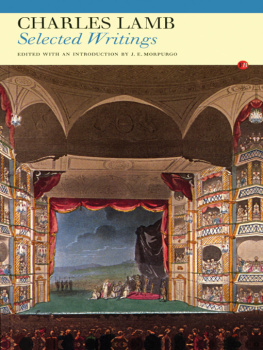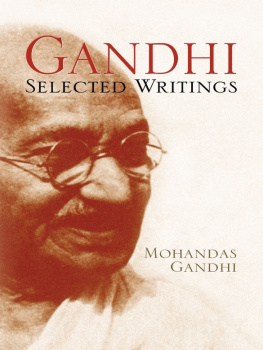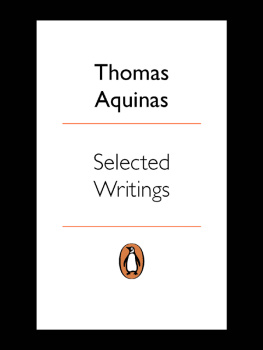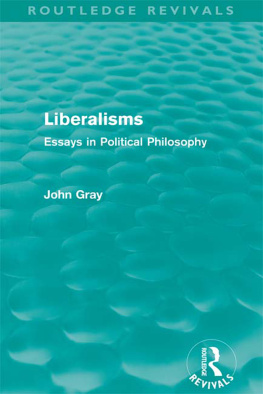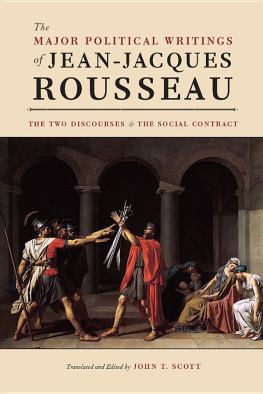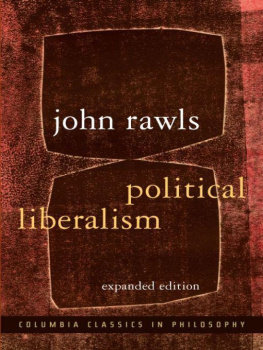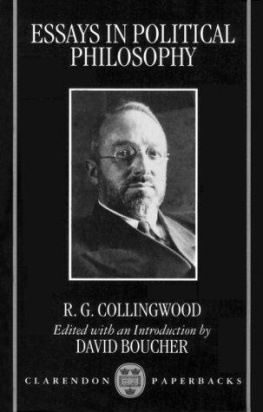THE PICKERING MASTERS
SELECTED POLITICAL WRITINGS OF JOHN THELWALL
CONTENTS OF THE EDITION
VOLUME 1
General Introduction
Early Political Pamphlets and Lectures, 17931796
VOLUME 2
Selections from the Tribune, 17951796
VOLUME 3
Journalism and Selected Writings on Elocution and Oratory, 17971809
VOLUME 4
Late Journalism and Writing on Elocution and Oratory, 18101832
Index
SELECTED POLITICAL WRITINGS OF JOHN THELWALL
Edited by
Robert Lamb and Corinna Wagner
Volume 1
Early Political Pamphlets and Lectures, 1793-1796
First published 2009 by Pickering & Chatto (Publishers) Limited
Published 2016 by Routledge
2 Park Square, Milton Park, Abingdon, Oxon OX14 4RN
711 Third Avenue, New York, NY 10017, USA
Routledge is an imprint of the Taylor & Francis Group, an informa business
Copyright Taylor & Francis 2009
Copyright Editorial material Robert Lamb and Corinna Wagner 2009
All rights reserved, including those of translation into foreign languages.
No part of this book may be reprinted or reproduced or utilised in any form or by any electronic, mechanical, or other means, now known or hereafter invented, including photocopying and recording, or in any information storage or retrieval system, without permission in writing from the publishers.
Notice:
Product or corporate names may be trademarks or registered trademarks, and are used only for identification and explanation without intent to infringe.
BRITISH LIBRARY CATALOGUING IN PUBLICATION DATA
Thelwall, John, 1764-1834
Selected political writings of John Thelwall. - (The Pickering masters)
1. Thelwall, John, 1764-1834 2. Political science - England - Early works to 1800 3. Elocution 4. Oratory 5. Radicalism - England - Early works to 1800 6. Great Britain - Politics and government - 1789-1820
I. Title II. Lamb, Robert III. Wagner, Corinna
320.9'41'09033
ISBN-13: 978-1-85196-928-9 (set)
Typeset by Pickering & Chatto (Publishers) Limited
We are very grateful to a committed and enthusiastic group of fellow Thelwall scholars: in particular Greg Claeys, Penny Corfield, Judy Duchan, Ken Johnson, Jon Mee, Steve Poole, Michael Scrivener, Jasmine Solomonescu and Judith Thompson, from whom we have learnt much. At Pickering and Chatto, Michael Middeke, Julie Wilson and Paul Lee made the process much easier than it might have been through their professionalism and their indulgent patience, as various submission deadlines clashed with our other commitments. For speedy assistance with some of the typesetting and for discussions about materialism we are indebted to Darren Wagner. For help in obtaining some of the texts with the minimum of fuss we thank the staff at the British Library and the University of Glasgow. Special thanks to John Barrell and Iain Hampsher-Monk for their support, guidance and willingness to assist with various last-minute queries. We dedicate these volumes to them as a small return for their mentorship.
I. Thelwall's Lives
In the autumn of 1795, John Thelwall almost killed the King. On 29 October, the opening day of the British parliament, crowds had gathered to witness the royal procession as it made its way through St Jamess Park and down Parliament Street to the House of Lords. George IIIs state coach was met with shouts protesting the policies of William Pitts Tory government, the ongoing war with France and the hugely inflated price of bread. Suddenly, as the coach drew out of the gates of the Park, at the end of Great George Street, a missile likely a stone or a marble but thought by many (including George himself ) to be a bullet shot through the carriage window. The report that this was an attempted assassination gained further currency when later that day the carriage, this time sans monarch, was nearly smashed to pieces by another violent mob.
It may be that the government had been awaiting such an event. An outburst of violence from the people justified the introduction of the Two Acts or what came to be known as the Gagging Acts, two pieces of draconian legislation The Treasonable Practices Act and Seditious Meetings Bill intended to vanquish the reform movement by restricting political meetings out of existence and conceptualizing treason as a thought crime. But what was the root cause of these extreme measures, perceived at the time to be a flagrant violation of the history of British liberty traceable back to the Magna Carta, and has since seemed to be an embarrassing constitutional aberration (at least until the first years of the twenty-first century)?
For historians now, this question cannot be adequately answered without attention to the broader context that frames the events of 29 October 1795 and the subsequent state response: to the seismic force still being felt from the French Revolution and the Jacobin reform movement it then inspired in Britain. Yet for many in the 1790s, the answer was far simpler. The chief architect of the failed assassination and chief victim of the proposed legislation was one person: John Thelwall. For the loyalist newspaper the True Briton it was plain that the authors of every outrage committed by the mob were constant frequenters of Mr. THELWALLS Lectures After all, only three days earlier Thelwall had addressed an enormous crowd of, by all accounts, between one- and three-hundred thousand people at Copenhagen Fields. There, it was rumoured, pamphlets had been distributed that called openly for regicide. When the legislation was debated in Parliament, Thelwalls name was mentioned directly and he regarded himself as the target of it. It seems that at this time he was the most dangerous person in the country.
But late 1795 is just one of a number of flashpoints in an extraordinarily polymathic career. Indeed, Thelwalls life (17641834) or perhaps lives reads like a series of thrilling narratives and the events recorded in his autobiographical writing, his poetry and his journalism are so remarkable and oft en so tempestuous that he seems the hero-narrator of, at different times, an eighteenth-century novel of sensibility, a work of nineteenth-century social realism or even a twentieth-century espionage film.
As a youth, Thelwall had been drawn to the lure of the arts but familial obligation and financial difficulty forced him into the daily grind of the workaday world. A succession of apprenticeships was ended when, as a legal clerk, he was sent to serve a warrant at the house of an honest but debt-ridden family, an event he later claimed was the catalyst to his taking up the cause of political reform. Although burdened with asthma and a speech impediment, he became renowned as a public orator, captivating audiences at mass outdoor meetings with a vivid rhetorical style, memorably described by William Hazlitt as that of a volcano vomiting out lava.
As one of the most visible and voluble opponents of government, he became a target of Pitts Tory administration, which did everything in its power to make his life miserable something they succeeded in doing, even if they failed in their apparent quest to end it. In 1794 Thelwall was charged with high treason and dragged off to jail to spend arduous months of imprisonment in the Tower and at Newgate, his home was ransacked and his books and personal effects confiscated. After fighting a hard-won battle in court and press he was eventually acquitted by a jury of his peers. On the day of his release he was jubilantly carried through the streets of London as a hero of the people.


